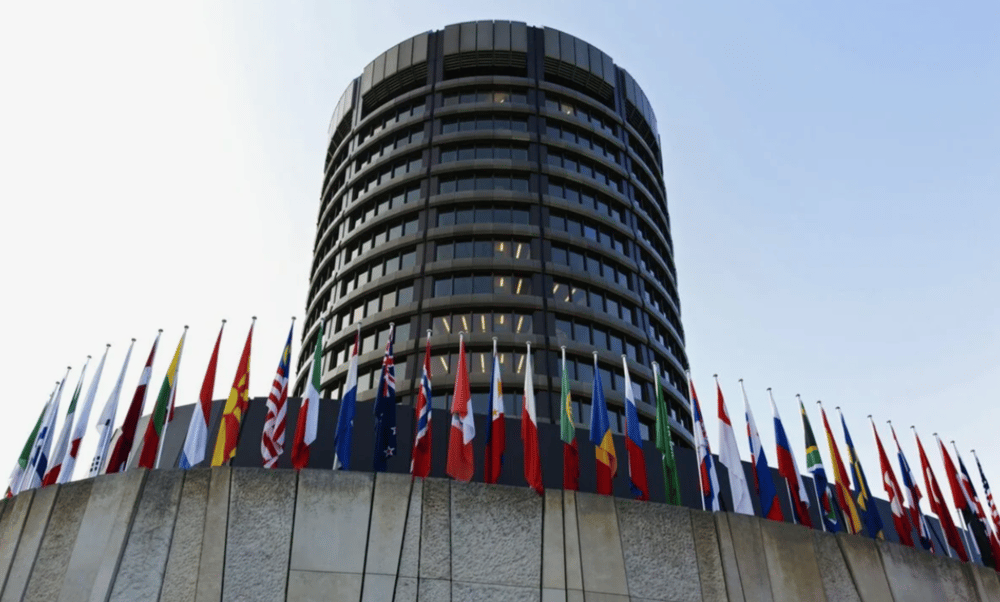Global Governments Face Urgent Challenge of Rising Public Debt Amid Higher Interest Rates: Insights from BIS Head Agustin Carstens
Global governments are confronting an escalating challenge of managing surging public debt levels, as rising interest rates increase the cost of borrowing and threaten fiscal sustainability. Agustin Carstens, General Manager of the Bank for International Settlements (BIS), emphasized on Tuesday the critical need for countries worldwide to contain their “relentless” debt accumulation. After a prolonged period of low interest rates following the 2008 financial crisis, many nations have relied on accommodative monetary policies to finance large deficits without immediate repercussions. However, the recent global tightening of monetary policy has exposed vulnerabilities in sovereign balance sheets, prompting calls for urgent fiscal prudence.
The Impact of Higher Interest Rates on Sovereign Debt Sustainability
Agustin Carstens highlighted that the historically low interest rates post-Global Financial Crisis (GFC) allowed governments to operate with high deficits and growing debt levels without triggering alarm over fiscal sustainability. These favorable financing conditions provided a buffer for policymakers to delay difficult fiscal adjustments such as expenditure cuts or tax increases.
With benchmark rates rising across major economies—including the U.S. Federal Reserve’s Federal Funds Rate (USD), the European Central Bank’s refinancing rate (EUR), and the Bank of England’s base rate (GBP)—the cost of servicing public debt has increased substantially. For heavily indebted countries, this translates into rising interest payments that may crowd out essential government spending and increase the risk of fiscal crises.
The BIS head underscored the systemic risk posed by unchecked sovereign debt growth amid tightening monetary conditions. The “relentless” increase in public liabilities threatens macroeconomic stability and complicates central banks’ ability to manage inflation without exacerbating fiscal imbalances.
Moreover, Carstens warned that complacency induced by years of low borrowing costs has led many governments to postpone crucial structural reforms. Without decisive actions—such as rebalancing budgets and implementing growth-friendly fiscal policies—some countries risk entering a debt spiral, with adverse implications for currency stability and bond markets, including major indices like the SPX and yields on sovereign bonds denominated in JPY, USD, and EUR.

Key Facts
Global interest rates rising across USD, EUR, GBP benchmarks
Post-2008 low rates enabled governments to sustain large deficits and growing debt
Higher borrowing costs increase sovereign debt servicing burdens
BIS General Manager Agustin Carstens calls for urgent fiscal discipline
Risk of fiscal unsustainability and macroeconomic instability growing worldwide
Market Reactions and Policy Implications
Financial markets have started pricing in the higher risk premiums associated with sovereign debt as bond yields climb, reflecting investor concerns over fiscal health and creditworthiness. Sovereign debt spreads for vulnerable countries have widened, while major bond indices and sovereign debt benchmarks are increasingly sensitive to interest rate shifts.
Carstens’ comments resonate amid ongoing debates on fiscal policy responses globally. Some governments face the dilemma of balancing austerity measures against the need to support economic growth in a fragile post-pandemic environment. The challenge lies in implementing sustainable policies that restore market confidence without stifling economic recovery.
Investors are closely monitoring sovereign credit ratings and central bank policy signals, including Federal Reserve and ECB statements, for indications of debt management strategies and inflation outlooks. The interplay between currency valuations—such as the USD and JPY—and sovereign debt dynamics also remains critical for assessing risk exposure.

Key Points
Rising interest rates (USD, EUR, GBP) increase sovereign debt servicing costs.
Governments face mounting pressure to reduce deficits and contain debt growth.
Delayed fiscal reforms risk triggering macroeconomic instability and currency volatility.
Bond markets and sovereign debt spreads reflect growing credit risk concerns.
Coordinated fiscal and monetary policy needed to ensure sustainable economic recovery.
The Imperative to Curb Sovereign Debt Growth in a Rising Rate Environment
Agustin Carstens’ warning highlights a critical juncture for global fiscal policy amid an environment of rising interest rates. The era of low-cost debt financing is ending, demanding increased fiscal responsibility from governments worldwide. Failure to contain relentless public debt growth risks undermining financial stability, inflation control, and long-term economic prospects.
Effective debt management strategies, combined with structural reforms and prudent fiscal policies, are essential to navigate the complexities of tightening monetary conditions. This development carries significant implications for currency markets, sovereign bond indices, and global economic stability.















Comments